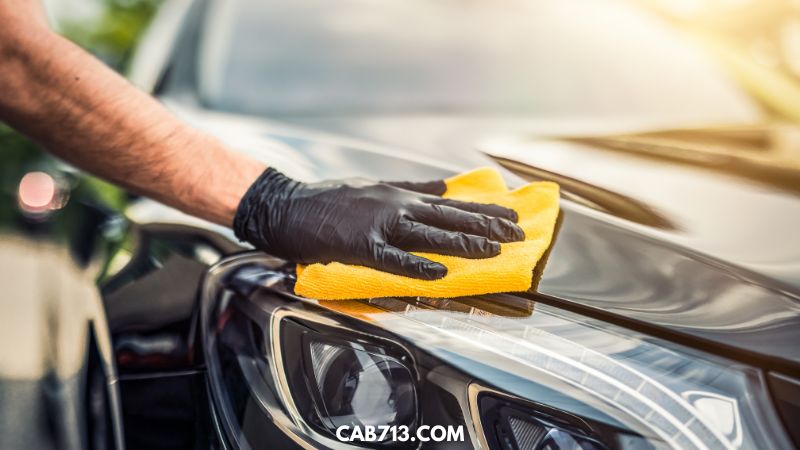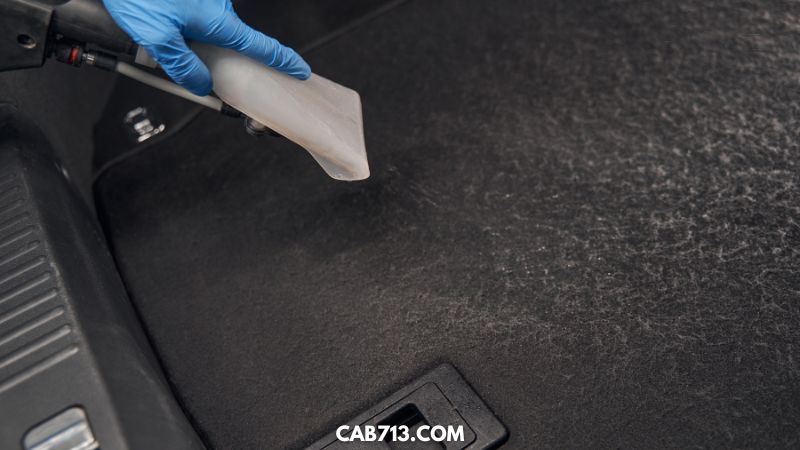Car waxes play a vital role in maintaining the appearance and protection of your vehicle’s paintwork. They provide a layer of shine and act as a barrier against environmental contaminants. However, with the various types of car waxes available in the market, it can be confusing to understand the differences and choose the right one for your car. In this article, we will explore the three main types of car waxes: Carnauba, Synthetic, and Hybrid, and help you make an informed decision.
1. Carnauba Wax: Nature’s Finest Shine
Carnauba wax is derived from the leaves of the Brazilian palm tree, known as Copernicia prunifera. It is one of the oldest and most popular types of car wax. Carnauba wax offers a deep, warm shine that enhances the natural beauty of your vehicle’s paint. It provides excellent protection against UV rays, water spots, and light scratches. Its natural composition makes it safe to use on all types of paint finishes. However, carnauba wax tends to have shorter durability compared to synthetic waxes.
2. Synthetic Wax: The Long-Lasting Shield
Synthetic waxes, also known as polymer or paint sealants, are formulated using advanced chemical compounds. They offer a high level of protection and durability, making them a popular choice among car enthusiasts. Synthetic waxes create a long-lasting shield that guards your vehicle’s paintwork against UV damage, oxidation, and harsh weather conditions. They are easy to apply and remove, making the waxing process more convenient. Moreover, synthetic waxes often provide a brilliant, mirror-like shine.
3. Hybrid Wax: The Best of Both Worlds
As the name suggests, hybrid waxes combine the properties of both carnauba and synthetic waxes. They aim to offer the best of both worlds by providing the deep shine of carnauba wax and the durability of synthetic wax. Hybrid waxes usually contain a blend of natural carnauba wax and advanced polymers. This combination enhances the gloss, protection, and longevity of the wax. Hybrid waxes are an excellent choice for car owners who seek a balance between shine and durability.
Conclusion
Choosing the right car wax is essential to protect and enhance the appearance of your vehicle. Carnauba wax provides a natural, warm shine but requires more frequent application. Synthetic waxes offer long-lasting protection but may lack the depth of shine provided by Carnauba wax. Hybrid waxes, on the other hand, combine the benefits of both types, providing a balance between shine and durability. Consider your specific needs and preferences when selecting a car wax to ensure optimal results.
FAQs (Frequently Asked Questions)
- Q: How often should I apply car wax?
- A: The frequency of car wax application depends on several factors, including the wax type, environmental conditions, and usage. As a general guideline, it is recommended to wax your car every 2-3 months.
- Q: Can I apply carnauba wax over synthetic wax?
- A: Yes, you can apply carnauba wax over synthetic wax. However, it is advisable to remove any existing wax layers before applying a new one for better adhesion and results.
- Q: Are hybrid waxes suitable for all paint finishes?
- A: Yes, hybrid waxes are safe to use on all types of paint finishes, including clear coats, metallic paints, and single-stage paints.
- Q: Can car waxes remove scratches?
- A: Car waxes cannot remove deep scratches. However, they can help minimize the appearance of light scratches and swirl marks by filling in the imperfections and providing a smooth surface.
- Q: Can I use car wax on other surfaces besides the paintwork?
- A: It is not recommended to use car wax on non-paint surfaces such as glass, rubber, or plastics. Car waxes are specifically formulated for automotive paint and may not adhere or provide the desired results on other materials.

I guess you always start out as a car kid. Smokey and the Bandit, Corvette Summer, Bullitt, Ronin, etc. Throw in a massive match box car collection and add time. I’ve always been drawn to interesting cars. I’ve also always owned used cars, so detailing and some light wrenching were always on the list. My hope is that we can share some knowledge of the do’s and don’ts learned along the way. Be sure to share your own knowledge in the comments!






